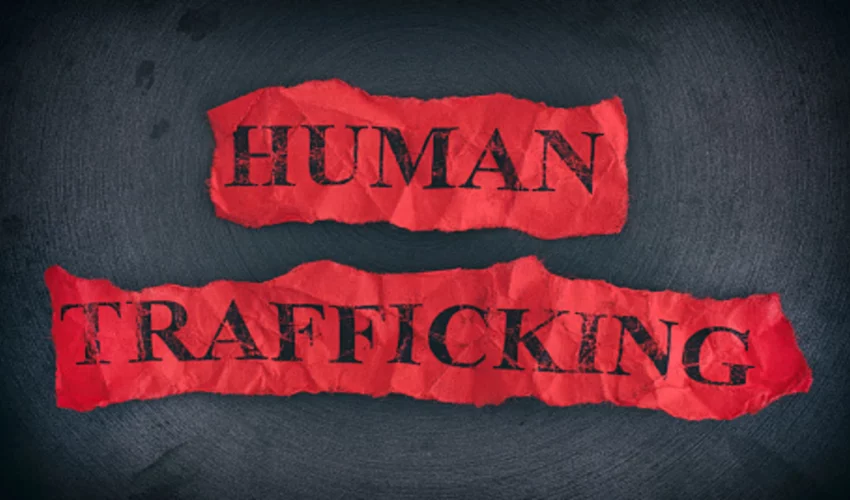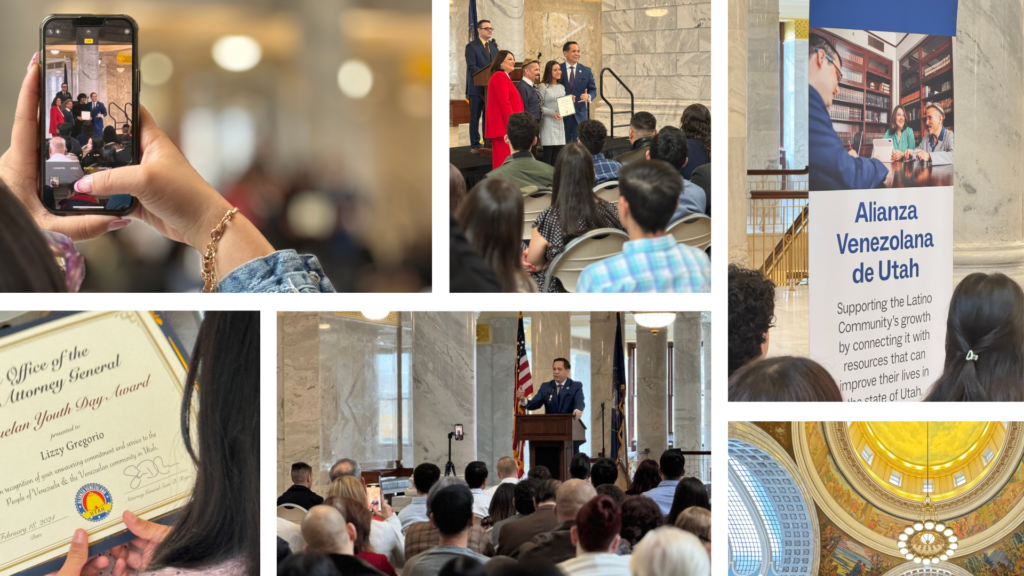Utah Attorney General Reyes is joining a coalition of 12 state attorneys general on a letter urging Congress to pass the bipartisan Stephen Hacala Poppy Seed Safety Act, a bill to address another aspect of the opioid crisis.
Stephen Hacala was a 25-year-old resident of Fayetteville, Ark., who was found dead in his apartment due to morphine intoxication caused by contaminated unwashed poppy seeds. Unwashed poppy seeds contaminated with Schedule II controlled substances like morphine and other opioids are widely available for purchase through common online sources.
The proposed legislation would prohibit the distribution and sale of opioid-laced poppy seeds and prevent future addiction, harm, and death. Additionally, it would set a two-year timeline for the Food and Drug Administration to issue and finalize a rule establishing maximum permissible contamination levels.
In addition, Attorney General Reyes joined Arkansas Attorney General Tim Griffin, who sent the letter to Congressional leadership. The attorneys general of the following states also signed on to the letter: Alabama, Georgia, Louisiana, Montana, North Dakota, Oklahoma, South Carolina, South Dakota, Texas, Virginia, and West Virginia.











